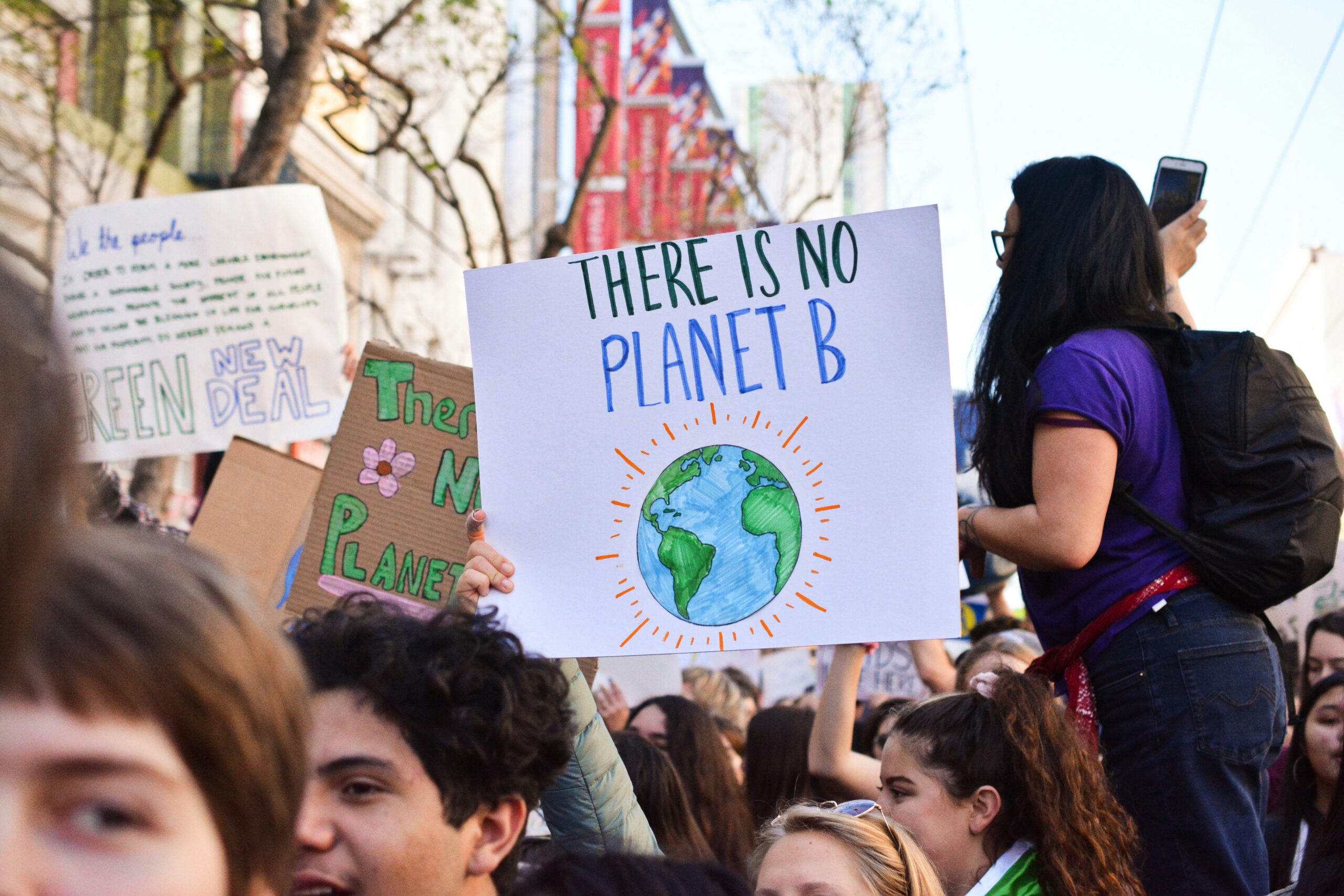By definition, education is not only the transfer of knowledge but also values and skills such as ethical decision making. Its institutions offer the opportunity to discover meaningful solutions for complex challenges and serve as an influential beacon in our communities.
However, the virtuous reputation of higher education is “at risk” because of fossil fuel industry influence, as revealed in an international research study published through Wiley Interdisciplinary Reviews (WIREs Climate), which focused on higher education in the US, UK, Canada and Australia.
Published this year, the study is revolutionary – it is the first extensive study analysing the relationship between the fossil fuel industry and higher education. Its findings determined the industry’s behaviour is a conflict of interest and an act of climate obstruction (the deliberate prevention of global climate action).
The fossil fuel industry, or “Big Oil,” has consistently denied climate change impacts, despite receiving information about expected planetary damages since at least the 1950s.
For even longer – dating to the 1920s – Big Oil has and continues to penetrate higher education, with records showing the industry fueling funding for research, scholarships, employment, endowments and more, according to the recent study.
Big Oil is no stranger to paradox, as an oil CEO was not only the head of the UN-COP28, but also announced during the conference with climate activists, refugees, and scientists present there is “no science” behind the industries’ influence on global temperatures.
One of the studies’ co-authors, Jennie Stephens (she/her), a climate justice professor at Maynooth University, said the study findings are a warning to Irish universities.
“Irish universities are mostly public funded, but they’re underfunded. There’s a risk in Ireland of too much corporate partnership as well,” said Stephens. “[The study] wasn’t explicitly about Ireland but the parallels are a warning to be very cautious about too much private sector influence and partnership in higher education.”
Stephens said higher education is an institution where solutions to address climate change can happen.
“The [fossil fuel industry] has recognised how powerful [higher education] is… their approach to climate change is to actually slow down transformative action and enable continued fossil fuel production around the world,” Stephens said.
Through distraction and delay, and pushing selective solutions, Stephens said the fossil fuel industry is subtly guiding higher education.
“[The industry] is promoting certain kinds of thinking about how we respond to the climate crisis, most of the ways [being] through technological fixes like carbon capture storage,” Stephens said.
She said this behaviour is sometimes referred to as “academic capture,” and especially for students, this has an impact on what possibilities are taught.
“Instead, they’re getting a quite narrow perspective on climate change about thinking about it, like ‘is there a technological fix?”, Stephens said. “[Higher education is] supposed to be… teaching students about what’s possible … and the range of options for how we address the biggest challenge facing humanity.”
As a result, Stephen said these investments allow for the industry to continue to expand, extract and profit, regardless of scientific research urgently calling for phasing out fossil fuels.
Ultimately, she said focusing on private companies’ interests rather than the public good is dangerous for society and undermines the legitimacy of higher education.
“Our universities should be committed to the public good, and they need more public funding so that they can be,” Stephens said.
Climate education
For Johnny Dabrowski, education is the most important solution to addressing climate change.
“We all take responsibility for our actions and for our impact on the [planet’s surface] … everyone should be educated, especially in higher education,” said Dabrowski, a consultant and coordinator of the Climate Education Coalition (CEC) for EarthDay.ORG.
If global climate education is not prioritized, Dabrowski said climate change will not be solved.
“Fundamentally, climate change is a crisis that impacts all of us, and that all countries have to solve together,” Dabrowski said. “If we don’t [educate everyone], then all our goals embedded in the Paris Agreement, the EU Green Deal… they’re going to collapse because people will not have the skills.”
Government-implemented education programmes in Ireland upskill people with green skills, said Dabrowski. At Trinity College Dublin, he said a new compulsory sustainability module was introduced.
However, a climate change curriculum is not mandatory across the State of Ireland.
“If every Irish student left secondary school with basic knowledge about climate change, then society will be more immune to greenwashing and misinformation,” Dabrowski said. “Every citizen should be able to see this.”
Solutions
For the 55th anniversary of Earth Day in 2025, the Climate Education Coalition (CEC) is bringing attention to renewable energy through the chosen theme, “Renewable Energy Now.”
Dabrowski said CEC has a fantastic toolkit for ideas on how people can get involved and participate. He said he wants countries to invest in renewable energy because 2025 also marks the 10th anniversary of the Paris Agreement.
“Progress has been made but we need much more to happen,” Dabrowski said.
Stephens is a member of the Climate Justice Universities Union (CJUU), a collective of individuals working together who are all adamant about promoting climate justice and resisting private sector influences in the higher education system.
“Given the pace of change in society, our universities need to also change to be more effective in training students and serving society for what the public needs right now,” Stephens said.
According to its webpage, the union is building a collaborative network – first, in Ireland and then, globally – in an effort of collective action prioritising societal transformation.
CJUU has organized events throughout Ireland and additionally provides resources including organisers’ reports, journal articles, and other media. Membership is free and open to all.
“Collective action is the best way to respond to where we are, and there are many ways people can get involved and engage on these issues, including trying to hold our institutions accountable and encouraging more transformative ways of learning, being and advancing,” Stephens said.







